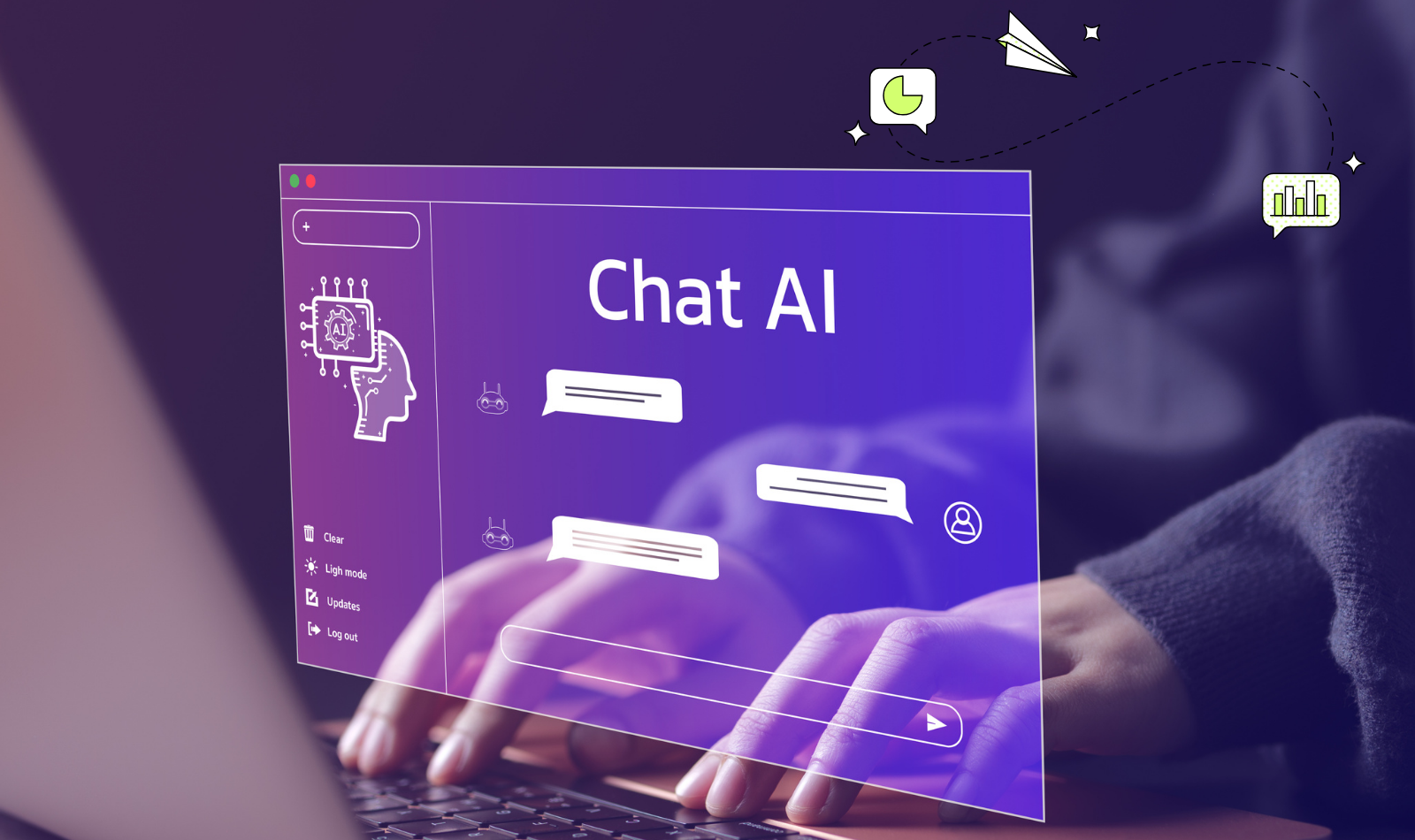The impact of AI in SEO promises dramatic changes. As more powerful AI tools emerge, they have huge potential to alter core elements of SEO strategy. But there’s also the change in user behavior – driven by AI.
“What we’re seeing is, though, because of AI and all the changes, people are now typing in longer queries and expecting to get results and what they’re looking for because they’re getting used to AI more, and they’re taking that to search as well,” said marketing guru Neil Patel on “Marketing, Demystified.”
From changes in user behavior and revolutionizing keyword research to assisting content creation and optimization, let’s examine some of the key ways AI looks to shape the future of SEO.
Driving a Shift to Ultra-Longtail Keywords
One major impact AI has already started powering is the prominence of longer, more conversational search queries. Historically, SEO has focused heavily on ranking for short 1-3-word keywords. Yet Neil’s own site data reveals a significant movement towards ultra-longtail keywords with 7+ words:
“When it comes to traffic, you know, most of my traffic when I look at a percentage wise one to two words it makes up 18.43%, three to six words make up 57.31%, and seven or more words, break down 24.6%.”
While these ultra-specific queries accounted for slightly less traffic, they drove nearly half of all revenue:
“But when you look at the revenue breakdown, seven or more word phrases make up 48.95% of our revenue, it makes up the biggest chunk.”
As people get accustomed to asking AI assistants more complex conversational questions, they bring similar behavior to search engines. SEO strategies must now adapt to target these long-tail queries that strongly indicate buyer intent and conversions.
Read next: What are the content marketing best practices to drive business results?
Streamlining Keyword Research
Since keyword targeting remains SEO’s building block, the impact of AI on SEO has been that AI can assist in identifying relevant search terms. Neil explains how today’s AI platforms can automatically analyze pages to suggest additional long-tail keywords as well as group them by theme:
“With keyword research. These platforms can analyze the keywords on your page, and you can actually have them give you more longtail queries, give you informational keywords, navigational transactional, and break it down in buckets.”
This allows for exponentially faster and easier keyword research compared to manual methods alone. AI tools can surface comprehensive groupings of long-tail keywords that may better reflect user search behavior.
Having an AI assistant instantly categorize keywords as informational (early-stage), navigational (mid-funnel), or transactional (ready to purchase) also ensures you have targeting that touches every phase of the buyer’s journey. This lays the groundwork for leading site visitors toward conversion over multiple interactions.
Read next: Website Optimization to Unleash Business Growth
Reverse Engineering High-Ranking Competitors
In addition to expanded keyword targeting, Neil reveals how AI like Google’s Bard or premium ChatGPT can identify content gaps compared to pages outranking you:
“If websites are ranking higher than you, you ask search engines or Bard to analyze the players above you and talk about what their content offers. And what makes it so amazing and what differentiates it. And then you have to compare another prompt to your content on a specific URL, and you ask for the differences.”
Rather than blind guesswork, the AI can pinpoint exactly which elements top-ranking competitors offer that your own content lacks. You instantly have specific SEO optimization opportunities to pursue in your efforts playing “catch up.”
This application alone has the potential to greatly accelerate beating competitor pages, gaining featured snippets, and claiming rank for coveted keywords by revealing the “secret sauce” for what works.
AI-Assisted Content Creation
When it comes to actually producing SEO content, Neil believes AI writing on its own still lacks the uniqueness and personality to captivate human audiences:
“Although we’ve seen the quality not be as great as a human can write. But if you combine a human with AI, you can end up saving time. You just don’t want to do the whole thing, at least in its current form. Because it’s not going to offer anything unique or new or fresh.”
However, he advocates strategically combining the strengths of both human creativity and AI-enabled efficiency. AI can handle key parts of the process, like research, outlines, and initial drafting, to radically reduce the workload for writers. This hybrid approach marries the personalized storytelling, original perspectives, and strategic messaging that only authentic human writing can achieve with the scale and optimization of AI support.
As AI copywriting tools continue maturing, they may one day plausibly write full pieces that meet quality standards on their own. But for now, the winning formula for SEO content is collaboratively harnessing AI to enhance human strategic thinking and great writing.
Read next: The Real Benefits of AI in Marketing
The Importance of Detailed Prompts
To fully leverage these emerging AI capabilities for SEO, Neil stresses the critical skill of crafting very detailed prompts:
“You have to be very specific with your prompts. So, for example, if I’m having AI create content for me, I get really specific with my prompts.”
Open-ended or overly broad prompts will not give AI enough direction for helpful SEO applications. However, providing specific parameters around comparing keywords, analyzing competitors, conducting research on given topics, and even writing drafts focused on target keywords and audiences yields far superior output. Treating your AI assistant like a marketing team member and giving it sufficient strategic context spurs the most value.
Consumer behavior is certainly shiting, but brands who strategically combine AI’s optimizations with SEO experts as part of their content strategy and craft original perspectives will have a winning formula for search visibility and traffic to stay ahead of the curve and reach target buyers.
The impact of AI on SEO is certainly noticeable, but understanding the changes can help brands stay even more relevant.



